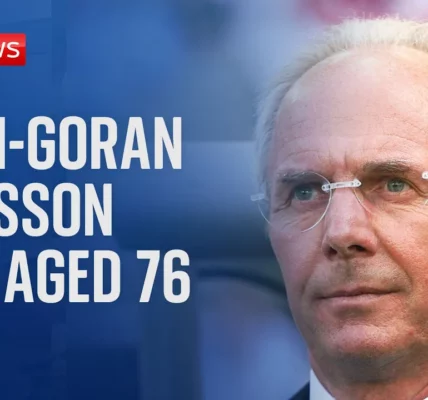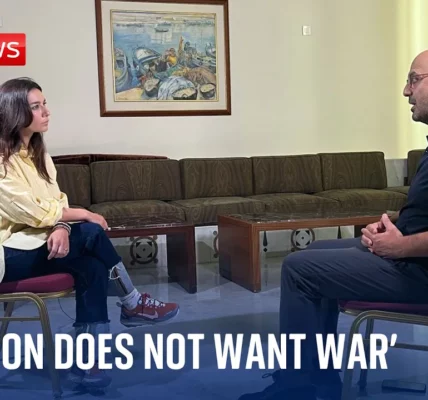Julian Assange’s Emotional Return to Australia: A Deep Dive into the Plea Deal and Its Implications
Julian Assange’s Emotional Return to Australia: A Deep Dive into the Plea Deal and Its Implications

Julian Assange’s return to Australia marks a significant moment in journalism and free speech advocacy. After years of legal struggles and political negotiations, Assange’s release raises essential questions about press freedom and the treatment of journalists worldwide.
Introduction
After a prolonged and arduous journey that began in the UK, Julian Assange has finally returned to Australia as a free man. His return is not just a personal victory; it symbolizes a broader struggle for press freedom and the rights of journalists everywhere. This article delves into the details of Assange’s plea deal, the negotiations with the US government, and the implications of his case for journalism and democracy.
The Journey Home
Julian Assange’s journey home involved a series of complex legal and diplomatic maneuvers. Released from Belmarsh prison in the UK, he faced a twelve-hour wait at Stansted Airport before boarding a flight to Bangkok. After an additional eight hours in transit, Assange finally arrived in Australia. This section explores the intricacies of the journey and the emotional weight it carried for Assange and his supporters.
The Plea Deal Explained
The plea deal that Assange accepted was fraught with implications. To secure his freedom, he pleaded guilty to conspiracy to commit espionage for publishing evidence of US war crimes. This section breaks down the plea deal’s components:
- Assange will spend no additional time in prison.
- The plea deal does not set a judicial precedent.
- The prosecution has created a dangerous precedent for journalists globally.
Implications for Journalism
Assange’s case is a pivotal moment for journalism and free speech. His prosecution is viewed by many as an attack on the freedom to publish information that is in the public interest. This section discusses the broader implications:
The Criminalization of Journalism
The use of the Espionage Act against Assange raises alarms about the future of journalism. Key points include:
- The potential chilling effect on investigative reporting.
- The risk of further criminalization of journalists for publishing sensitive information.
- The need for stronger protections for journalists worldwide.
Global Movements and Support
Assange’s release was not an isolated event; it was the culmination of a global movement advocating for free speech. This movement mobilized support from:
- Human rights organizations.
- Journalists and media professionals.
- Public demonstrations and protests worldwide.
The Role of the Australian Government
Australia’s government played a crucial role in Assange’s return. Prime Minister Anthony Albanese’s leadership in advocating for Assange’s release was instrumental. Key aspects include:
Political Advocacy
Albanese’s commitment to ending Assange’s incarceration demonstrates a significant shift in Australia’s stance on the issue. His efforts included:
- Raising Assange’s case at the highest levels of government.
- Working closely with US officials to facilitate negotiations.
- Publicly advocating for Assange’s rights and freedoms.
Community Support
The Australian public’s backing was vital for Assange’s release. The grassroots movement highlighted the importance of public opinion in political advocacy.
Conclusion
Julian Assange’s return to Australia is a landmark event that highlights the ongoing struggle for free speech and the protection of journalists worldwide. His case serves as a stark reminder of the challenges faced by those who dare to expose wrongdoing. As Assange begins his new chapter at home, it is crucial for supporters of free speech to continue advocating for protections against the criminalization of journalism. Join the conversation and support the movement for press freedom today!
“`




